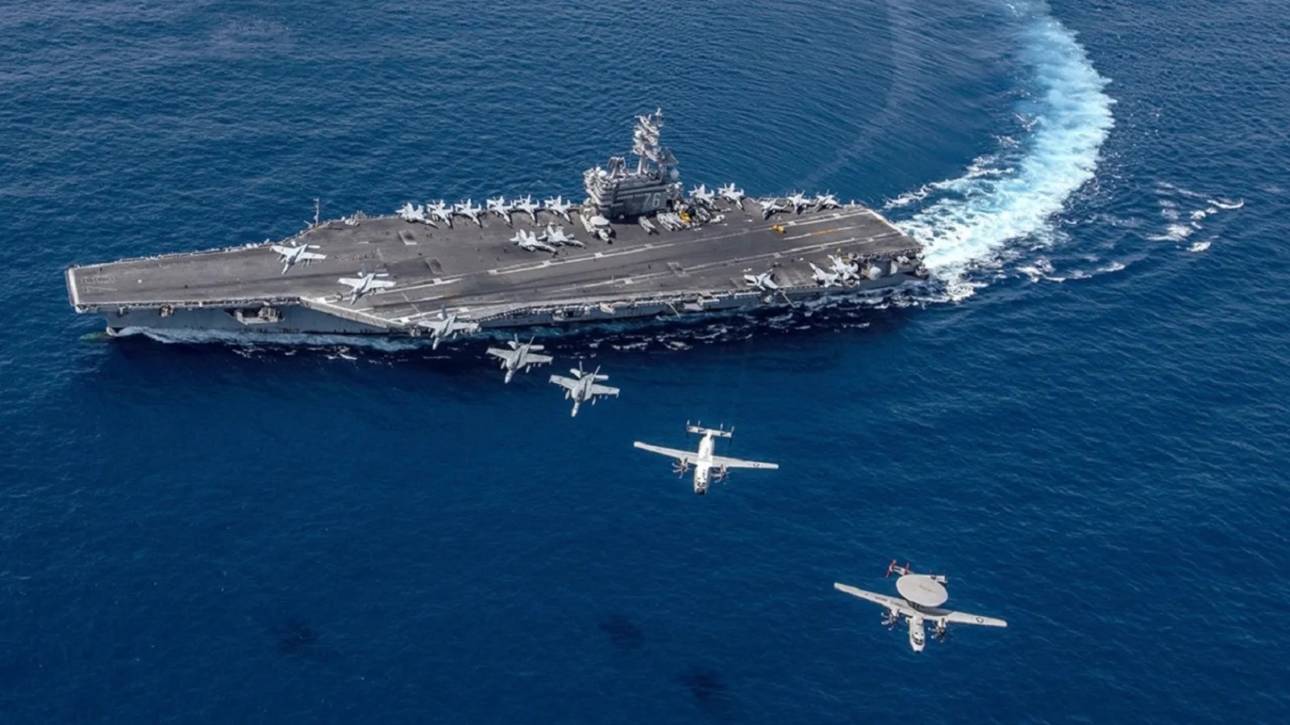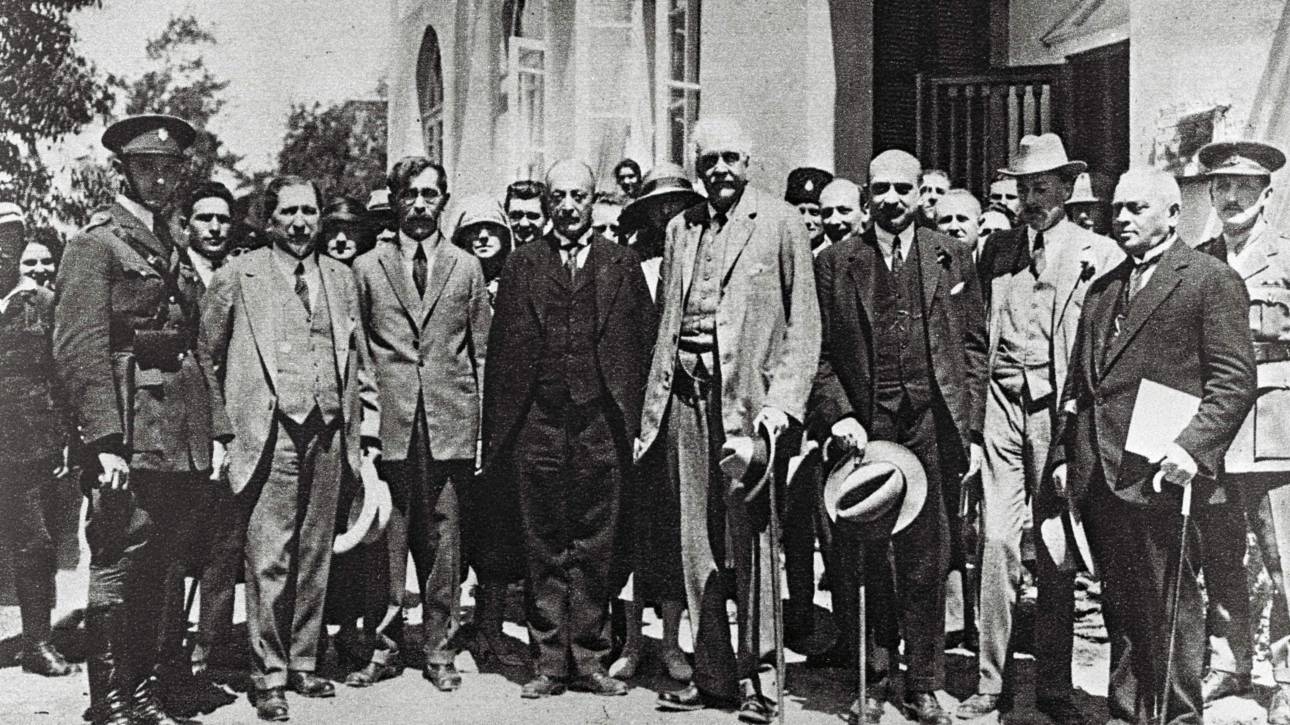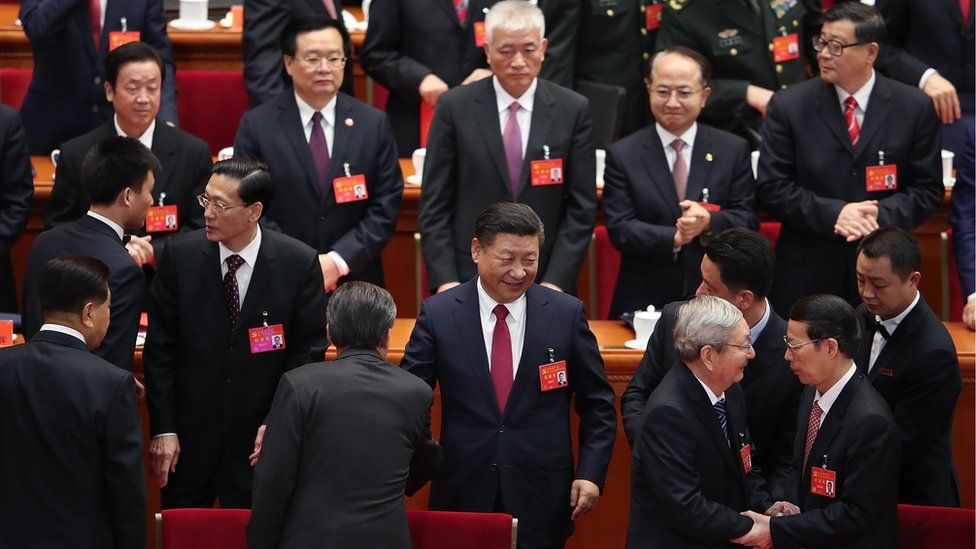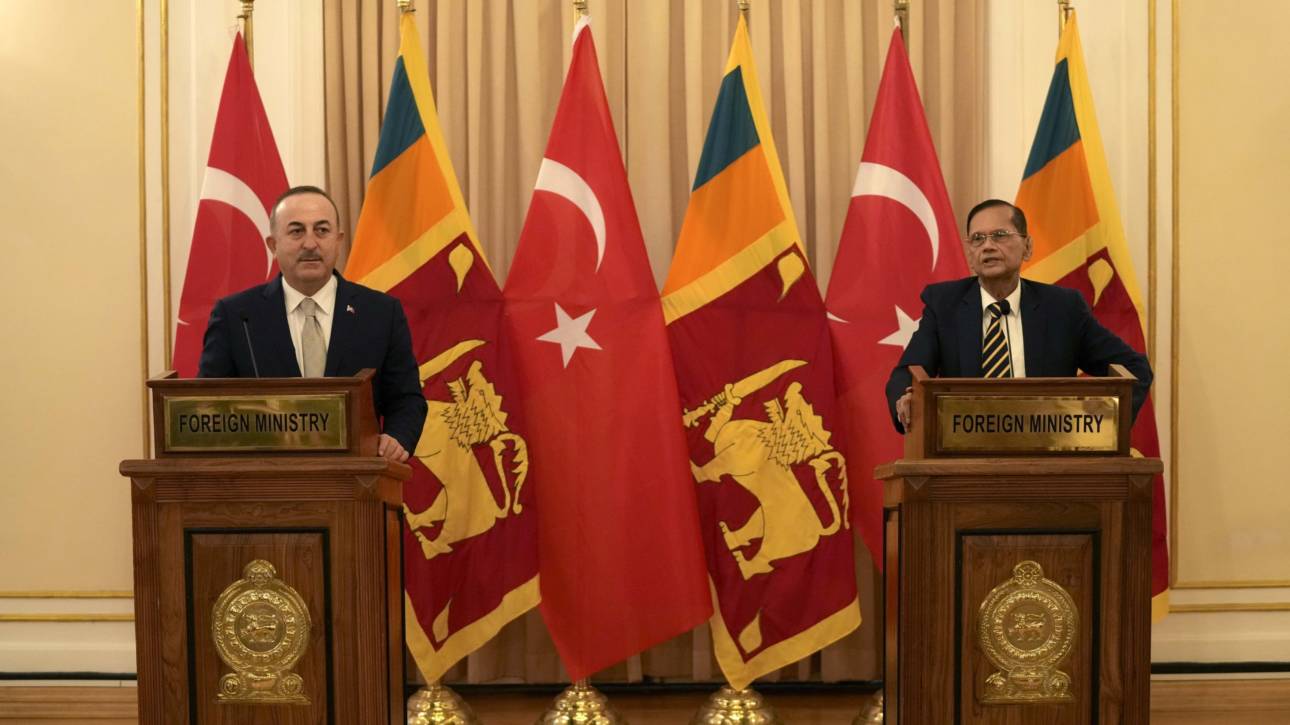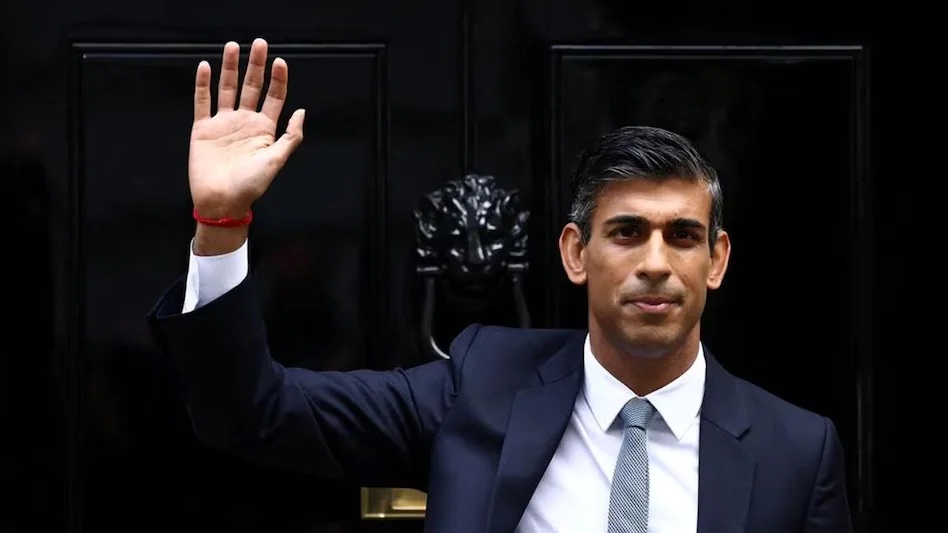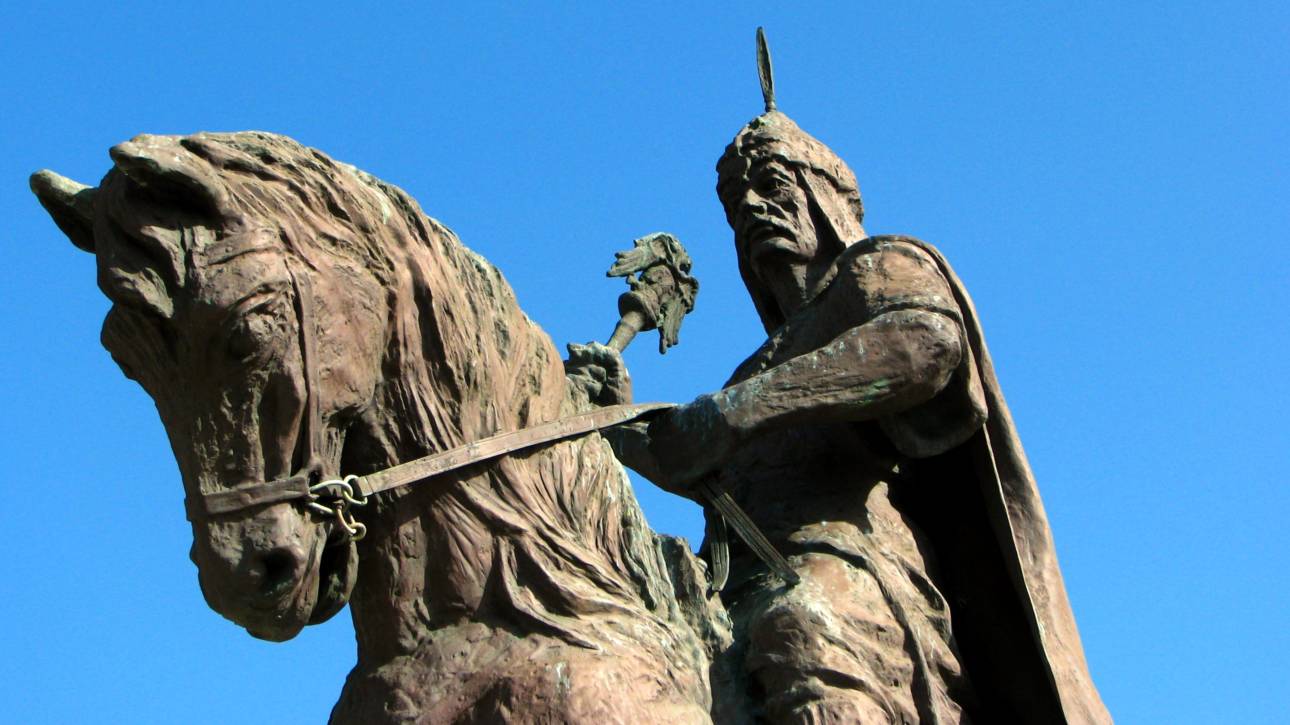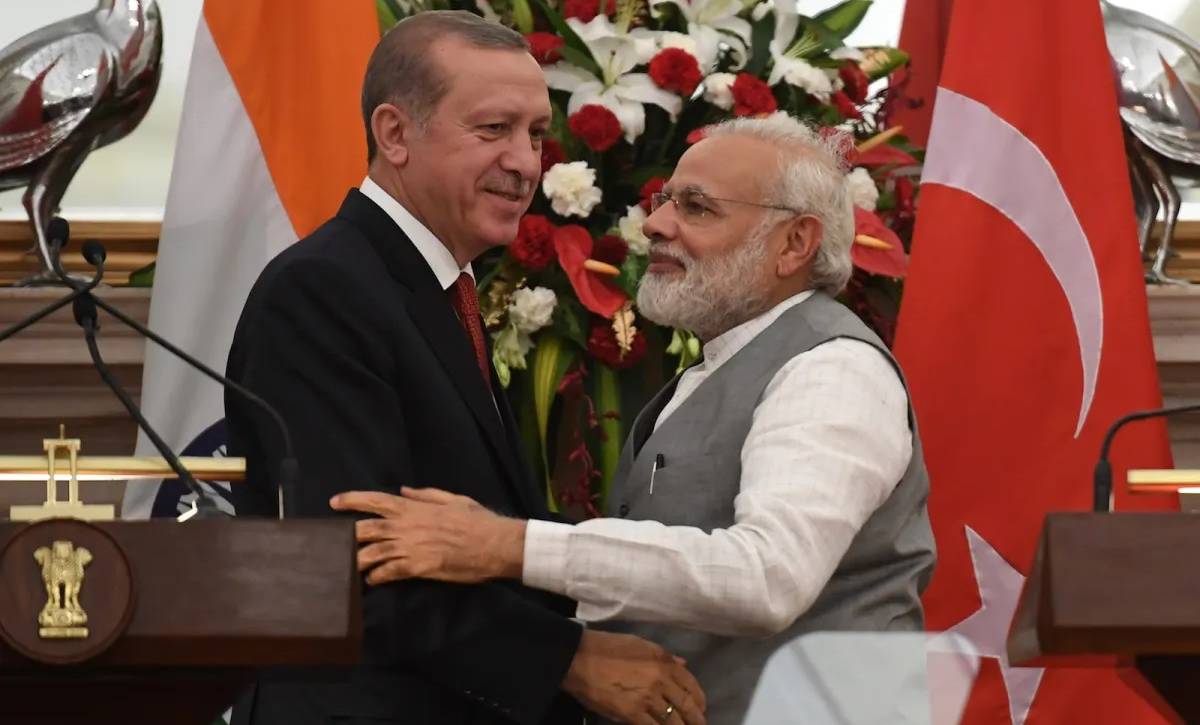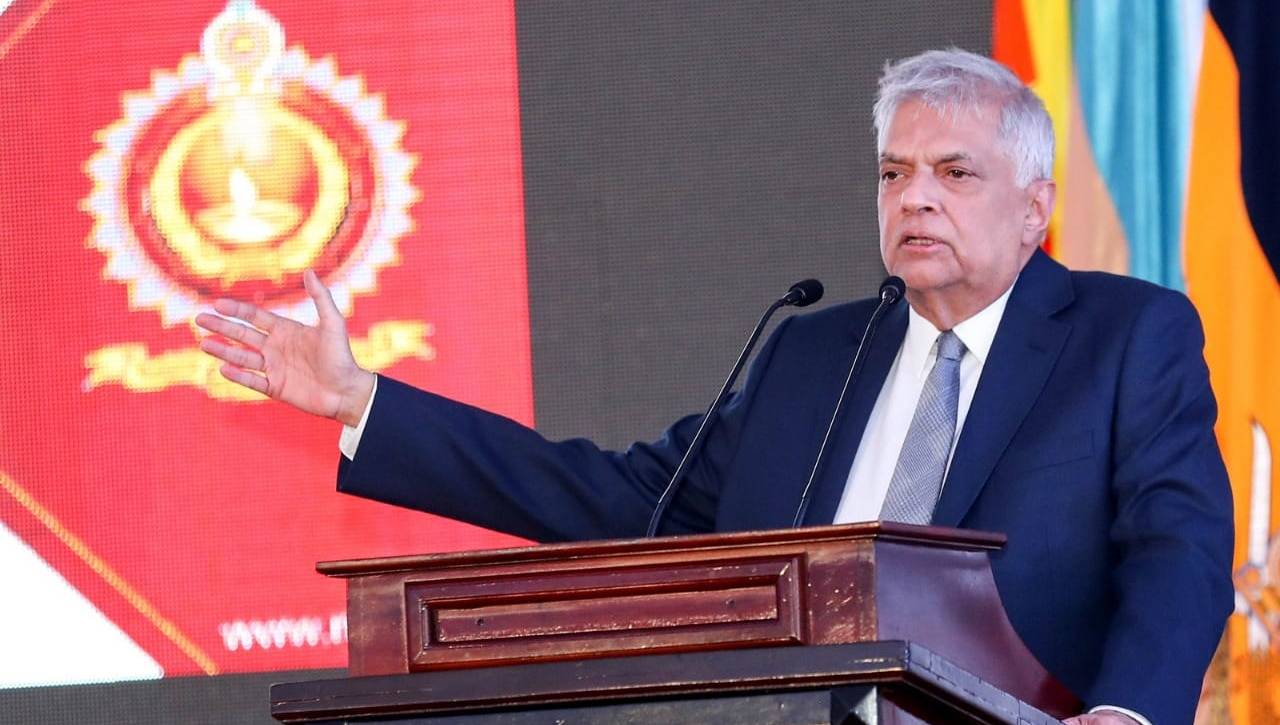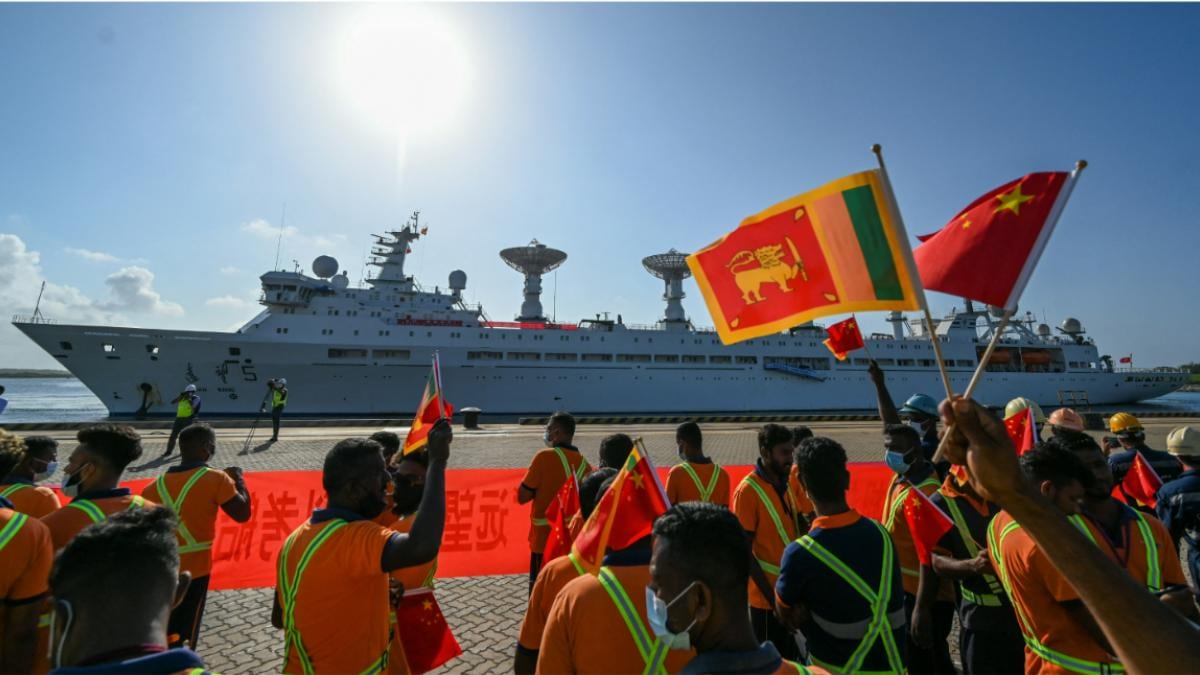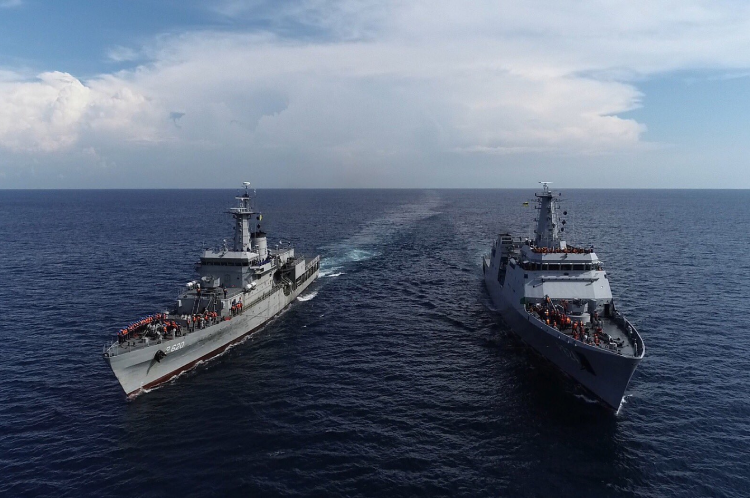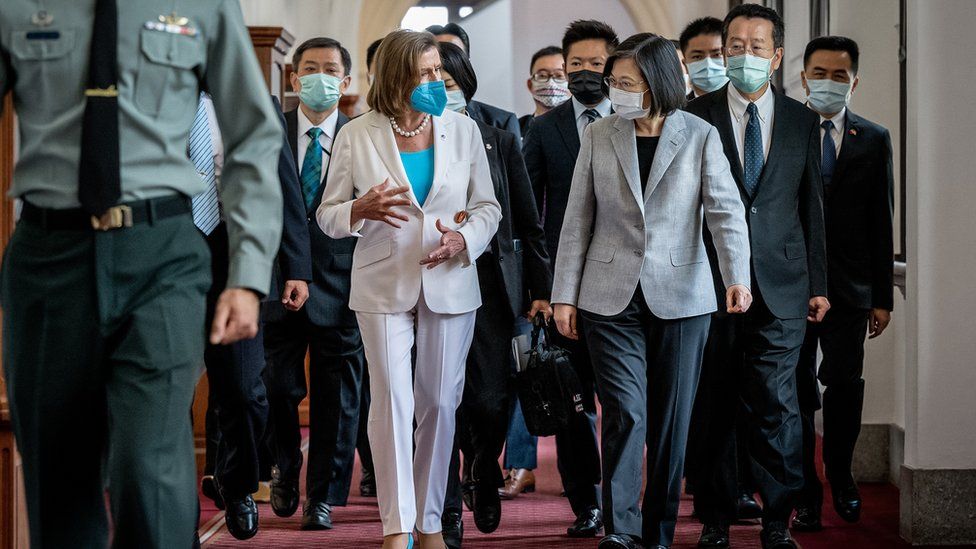By Shiran Illanperuma
Recent geopolitical and economic developments disrupting the US-led unipolar world order have renewed debate on the concept of imperialism.
In the post-war period, the term was politically deployed by National Liberation movements around the world, and worker states in the Communist bloc, to describe the policies and actions of the West (namely…
